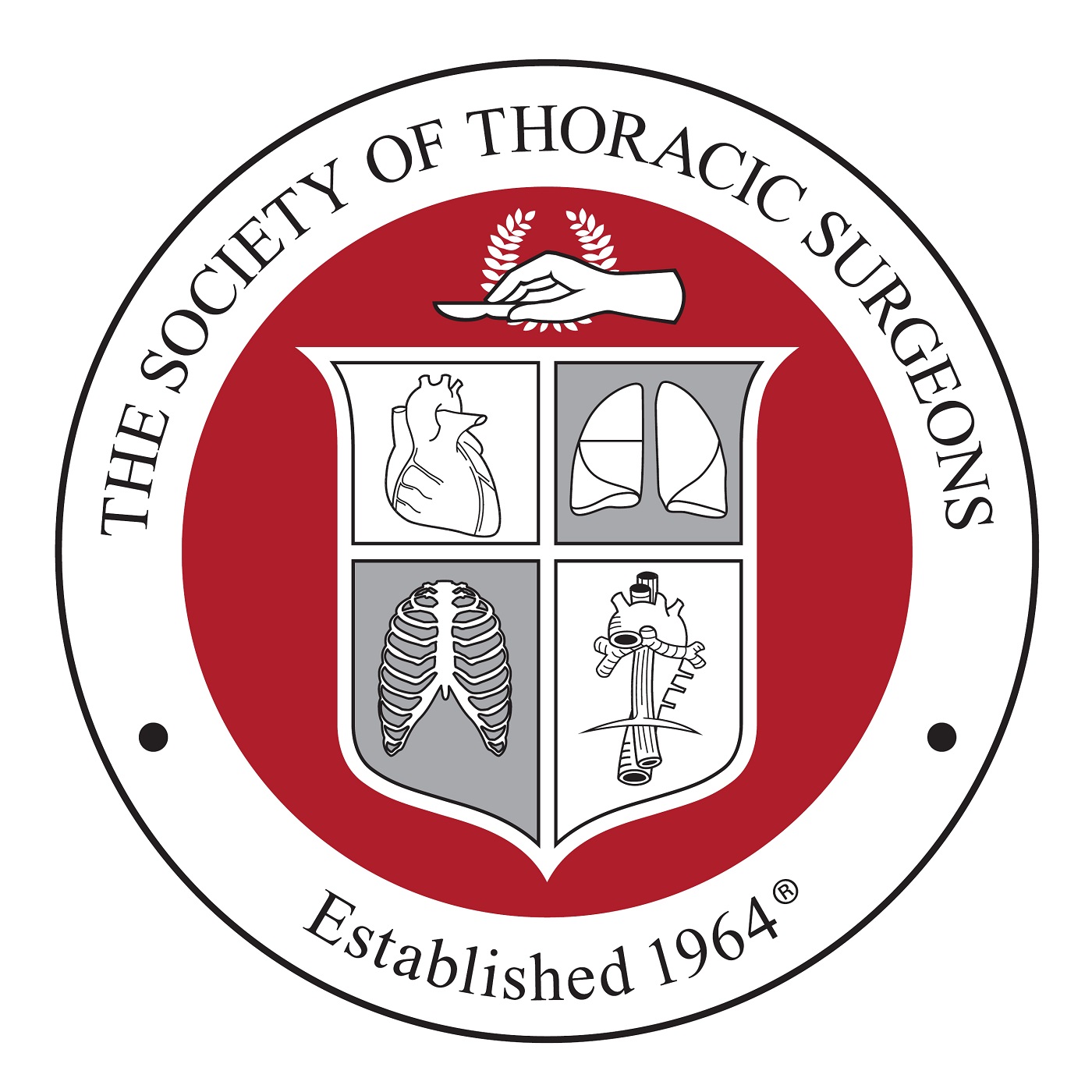Episodes
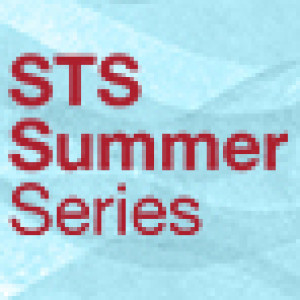
Friday Sep 25, 2020
Friday Sep 25, 2020
In this episode of the STS Summer Series, Gorav Ailawadi, MD, MBA, Tsuyoshi Kaneko, MD, and an expert panel debate the merits of surgical versus transcatheter treatments and review challenging mitral valve cases such as degenerative mitral regurgitation, mitral annular calcification, functional mitral valve regurgitation, and failed bioprosthetic mitral valve. Panelists include Vinay Badhwar, MD, Mayra Guerrero, MD, Robert L. Smith II, MD, Paul Sorajja, MD, Gilbert H. Tang, MD, MSc, MBA, and Dee Dee Wang, MD.
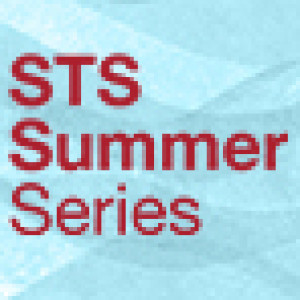
Friday Aug 28, 2020
STS Summer Series: Addressing the Cardiac Surgery Opioid Crisis
Friday Aug 28, 2020
Friday Aug 28, 2020
In this episode of the STS Summer Series, Rakesh C. Arora, MD, PhD, and Michael C. Grant, MD, MSE, moderate a panel of experts in Addressing the Cardiac Surgery Opioid Crisis. Two short presentations – Why Is This Even an Issue? by Daniel T. Engelman, MD, and Now What Do I Do? by Michael C. Grant, MD, MSE – explore the role of cardiac surgery as a contributor to the opioid epidemic. Then, the panel discusses alternative interventions for pain management and strategies to minimize opioid use in perioperative management of patients (both adult and pediatric) under cardiac surgical care. Panelists include: Daniel T. Engelman, MD, Michael S. Firstenberg, MD, Rita Karianna Milewski, MD, PhD, MSEd, and Nathalie Roy, MD.

Friday Jul 31, 2020
STS Summer Series: Pulmonary Metastasectomy
Friday Jul 31, 2020
Friday Jul 31, 2020
In this episode of the STS Summer Series, Bernard J. Park, MD, and Dirk E.M. Van Raemdonck, MD, PhD, moderate a multidisciplinary panel of experts in a discussion about Pulmonary Metastasectomy. The moderators begin by reviewing an STS Expert Consensus Document on Pulmonary Metastasectomy, published in The Annals of Thoracic Surgery. The panelists discuss the efficacy of local treatment vs. systemic therapy for metastases. Panelists include: Mara B. Antonoff, MD, Frank C. Detterbeck, MD, Michael Lanuti, MD, Andreas Rimner, MD, and Stephen B. Solomon, MD.
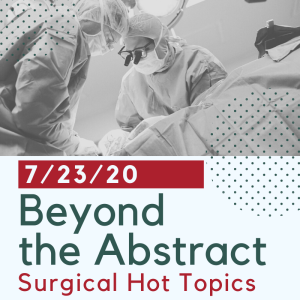
Thursday Jul 23, 2020
Thursday Jul 23, 2020
Hosted by Thomas K. Varghese Jr., MD, MS, the “Beyond the Abstract” program explores the “whys” behind articles in The Annals of Thoracic Surgery and discusses next steps with authors and thought leaders. In the latest episode, Mara B. Antonoff, MD, Jessica G.Y. Luc, MD, and Jason J. Han, MD, join Dr. Varghese to examine how social media has become an “inescapable” part of academic life and its role in the academic publishing process. While social media engagements may seem fleeting, the authors agreed that durable scholarly impact of social media exists. Also discussed in this episode is how the COVID-19 pandemic has highlighted a gap between the worlds of science and communication; so it is more important than ever to consider social media to help create pathways, form collaborations, grab attention, and explain the science. Read the related Annals article online: Does Tweeting Improve Citations? One-Year Results from the TSSMN Prospective Randomized Trial.

Friday Jul 17, 2020
Friday Jul 17, 2020
In this episode of the STS Summer Series, Gorav Ailawadi, MD, MBA, and Tsuyoshi Kaneko, MD, moderate a panel of cardiothoracic surgeons and cardiologists as they review challenging cases of aortic stenosis and debate the merits of SAVR vs. TAVR as the preferred treatment. Cases include patients with bicuspid aortic valve, failed surgical bioprosthesis, small annulus, and concomitant coronary disease. Panelists include: Vinayak N. Bapat, MD, Adam B. Greenbaum, MD, Molly Szerlip, MD, and Vinod H. Thourani, MD.
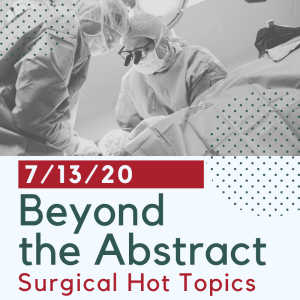
Monday Jul 13, 2020
Monday Jul 13, 2020
Hosted by Thomas K. Varghese Jr., MD, MS, the “Beyond the Abstract” program explores the “whys” behind articles in The Annals of Thoracic Surgery and discusses next steps with authors and thought leaders. In the latest episode, Robert M. Sade, MD, joins Dr. Varghese to discuss ethical considerations in the practice of cardiothoracic surgery during a pandemic. Dr. Sade mentions the application of ethical principles and ethical concerns with regard to limited resource allocation. Read the related Annals Article, “Cardiothoracic Surgeons in Pandemics: Ethical Considerations.”

Thursday Jul 09, 2020
Thursday Jul 09, 2020
STS/ACC TVT Registry leaders—Vinod H. Thourani, MD, and John D. Carroll, MD—moderate a panel of investigators, representatives from the Food and Drug Administration (FDA), and industry about valvular heart disease clinical research during COVID. They discuss the effects of the pandemic on research infrastructure, impediments to patient follow-ups and data collection, potential shifts in collaborative trial development guided by the FDA, and new techniques in post-market surveillance. Panelists include Dominic J. Allocco, MD, Andrew Farb, MD, Susheel K. Kodali, MD, Michael J. Mack, MD, Mark Reisman, MD, Barathi Sethuraman, PhD, Changfu Wu, PhD, Bram D. Zuckerman, MD.

Friday Jul 03, 2020
Friday Jul 03, 2020
STS President Joseph A. Dearani, MD, moderates a panel discussion that includes surgeons, a hospital executive, and a health care consultant on the economic impact of COVID and its implications for cardiothoracic surgery. At a time when cardiothoracic surgeons face 7%-8% cuts in Medicare reimbursement, they talked about the financial strain that COVID has had on staffing and salaries, how cardiothoracic surgeons quickly adapted to their roles on the front lines, the potential need for surgeons to begin rebuilding their referral networks, and the positive accelerated development of telemedicine opportunities. Panelists include Vinay Badhwar, MD, Richard K. Freeman, MD, MBA, Robert S. Jasak, JD, and Roberta Schwartz, PhD.
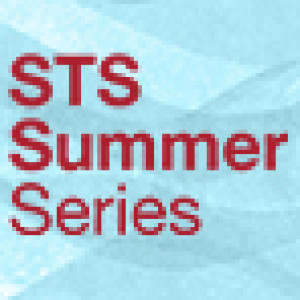
Friday Jun 19, 2020
STS Summer Series: How I Learned Robotic Cardiac Surgery
Friday Jun 19, 2020
Friday Jun 19, 2020
T. Sloane Guy, MD, MBA, and Husam H. Balkhy, MD, moderate a discussion with surgeons who are experts in robotic cardiac procedures. They talk about how they got started in robotic surgery, the importance of institutional support for building and training a team, and the efficacy of robotic surgery as an instructional tool for residents and fellows. Panelists include Vinay Badhwar, MD, Arnar Geirsson, MD, Eugene A. Grossi, MD, Robert L. Smith II, MD, and Francis P. Sutter, DO.
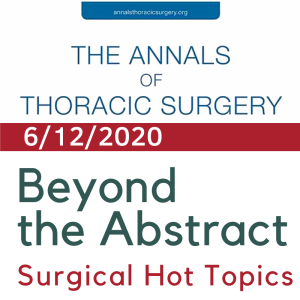
Friday Jun 12, 2020
Friday Jun 12, 2020
Hosted by Thomas K. Varghese Jr., MD, MS, the “Beyond the Abstract” program explores the “whys” behind articles in The Annals of Thoracic Surgery and discusses next steps with authors and thought leaders. In the latest episode, Francis D. Pagani, MD, PhD, joins Dr. Varghese to discuss the findings of the Intermacs 2019 Annual Report. They mentioned the percent decrease in patients listed for a transplant when they received an LVAD, introduction of new technologies, and a comparison of technologies. Read the related Annals article online: The Society of Thoracic Surgeons Intermacs 2019 Annual Report: The Changing Landscape of Devices and Indications.

